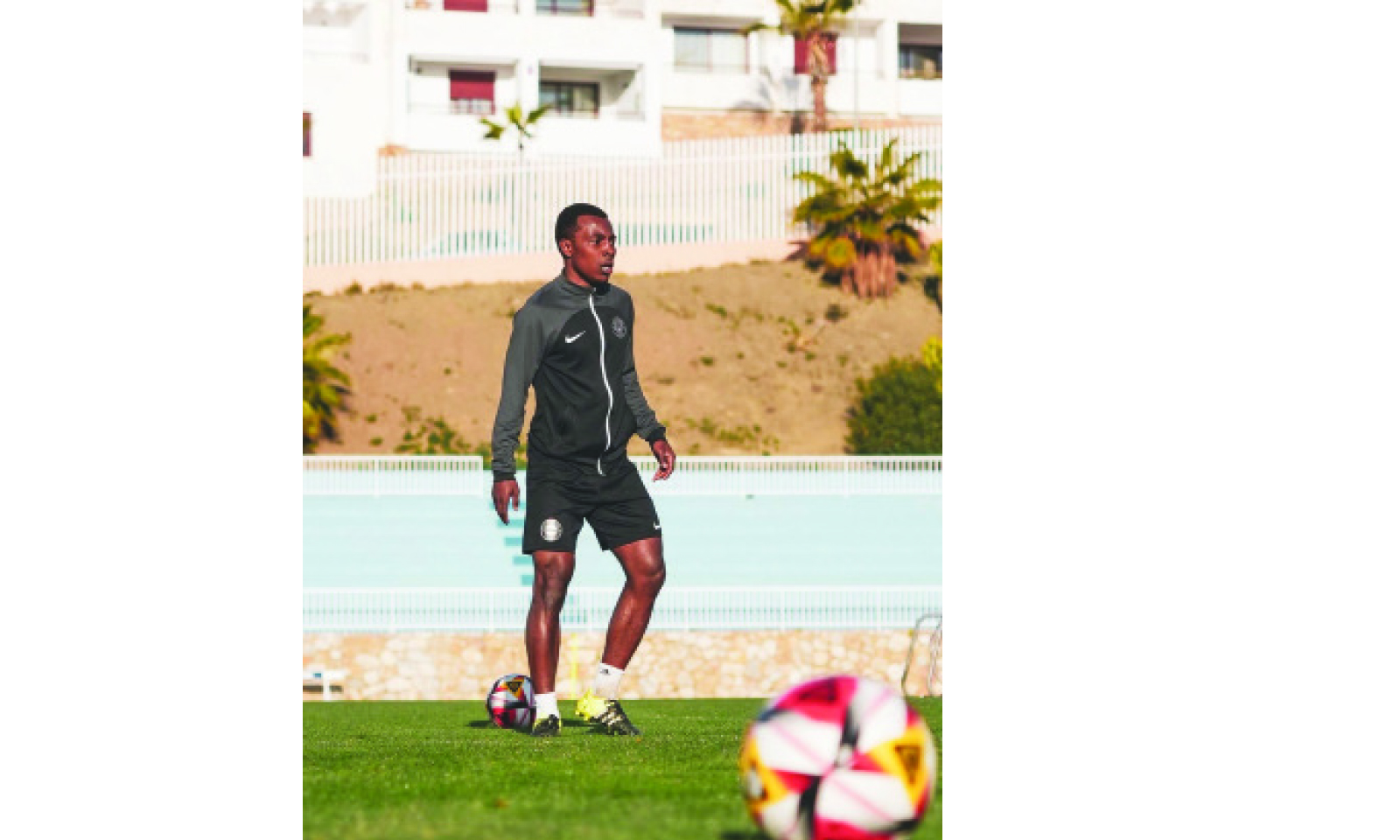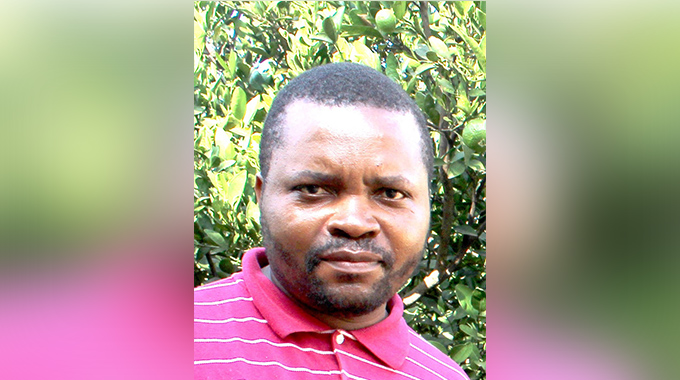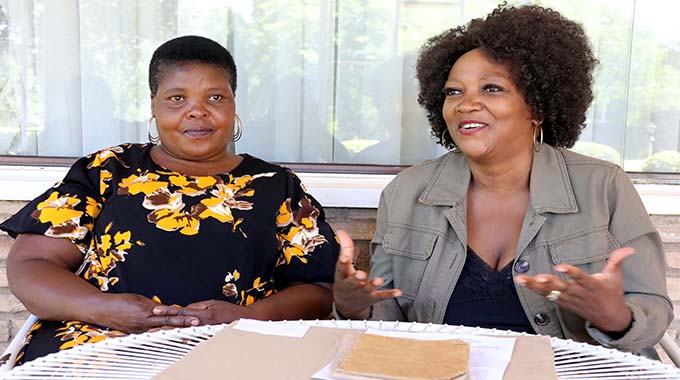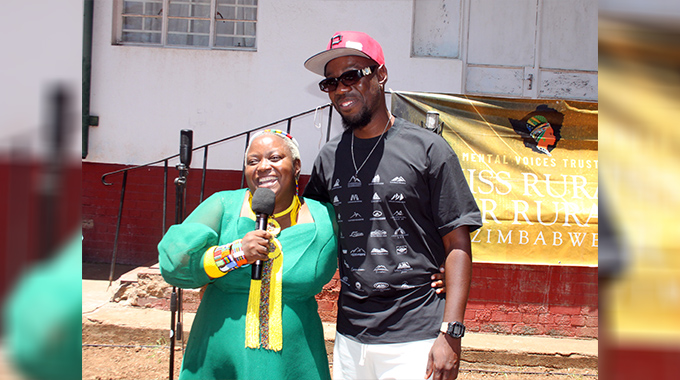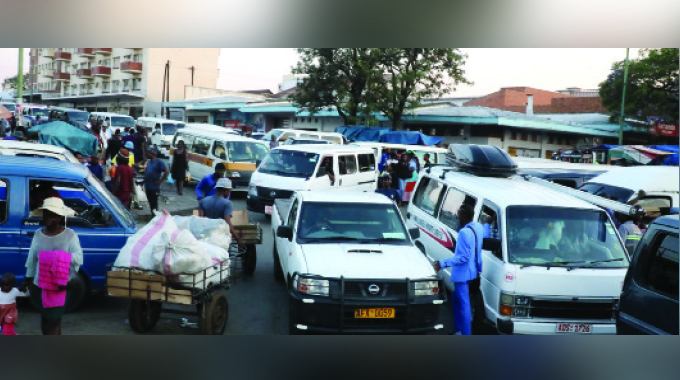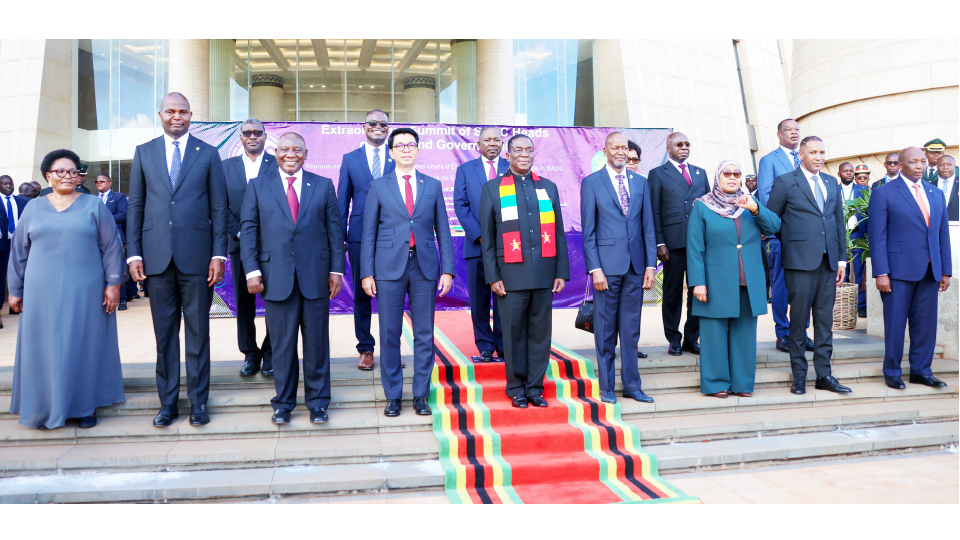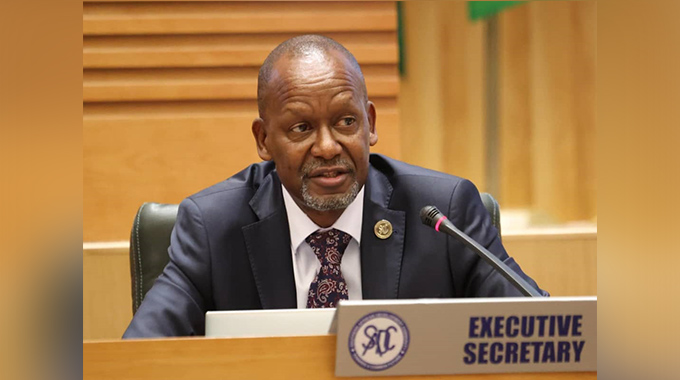
Patrick Chitumba
and Freedom Mupanedemo
ZIMBABWE’s Vision 2030 agenda has undergone a transformative shift, evolving from a Zanu PF programme to a unifying national agenda, the Minister of Local Government and Public Works, Daniel Garwe, has said.
He was addressing councillors from six local authorities from the Midlands attending a three-day heritage-based training Workshop run by the Herbert Chitepo School of Ideology in Gweru yesterday.
The councils represented include Kwekwe City Council, Redcliff Municipality, Vungu Rural District Council , Shurugwi Town Council, Chirumhanzu Rural District Council and Mberengwa Rural District Council.
He said the pivotal change is driven by the collective goal of propelling Zimbabwe towards an upper-middle-income economy status by 2030, with President Mnangagwa at the helm.
The nation is now rallying behind this ambitious vision, which encompasses a broad spectrum of socio-economic development strategies.
Key focus areas include economic stabilisation aimed at strengthening the local currency and promoting de-dollarisation, industrialisation and infrastructure development, geared toward revitalising closed mines and driving agricultural and industrial productivity and social welfare and healthcare enhancements designed to improve healthcare access and social services.
As the country strived to achieve its Vision 2030 goals, the Second Republic under the leadership of President Mnangagwa remained committed to fulfilling its promise of a brighter, more prosperous future for all citizens.
Zanu PF and veterans of the liberation struggle have reaffirmed their commitment to resolutions made at the 21st Annual National People’s Conference in Bulawayo last year, which called for the extension of President Mnangagwa’s term of office beyond 2028 to ensure continuity in the government’s Vision 2030 agenda.
At the conference held in October last year, delegates unanimously endorsed a resolution to extend President Mnangagwa’s term, directing the Government to initiate the necessary constitutional amendments to facilitate the move.
The Government has begun implementing various resolutions adopted at the Zanu PF Annual National People’s Conference.
These resolutions focus on critical areas such as economic development, social services, poverty eradication, infrastructure, value addition, liberation war heritage, climate change, and international engagement.
“According to Mark 11 vs 23 to 24, whatever we desire, if we pray and believe the Bible tells us that we shall get what we desire. The same goes for President Mnangagwa, his desire is for the country to enjoy unity, peace and development for ourselves, our children and generations to come. His desire is Zimbabwe first,” he said.
Minister Garwe said the Chitepo School of Ideology was not a partisan school, but a national school designed to train any Zimbabwean who wanted to understand where the country was going under the leadership of President Mnangagwa.
“About two weeks ago, President Mnangagwa was visited by parliamentarians from the ruling party and the opposition. Members from CCC pledged to support Vision 2030 given the transformation trajectory taking place in the country.
“CCC interim secretary-general Senator Sengezo Tshabangu at the visit told the President that if it is the will of the people to push Vision 2030, then the President should stay put. This means it is important that councillors speak like their elder brothers the Members of Parliament in advocating for Vision 2030,” he said amid cheers and ululations from the councillors.
Minister Garwe added that resolution Number One born out of the Zanu PF National Conference is now a national agenda.



